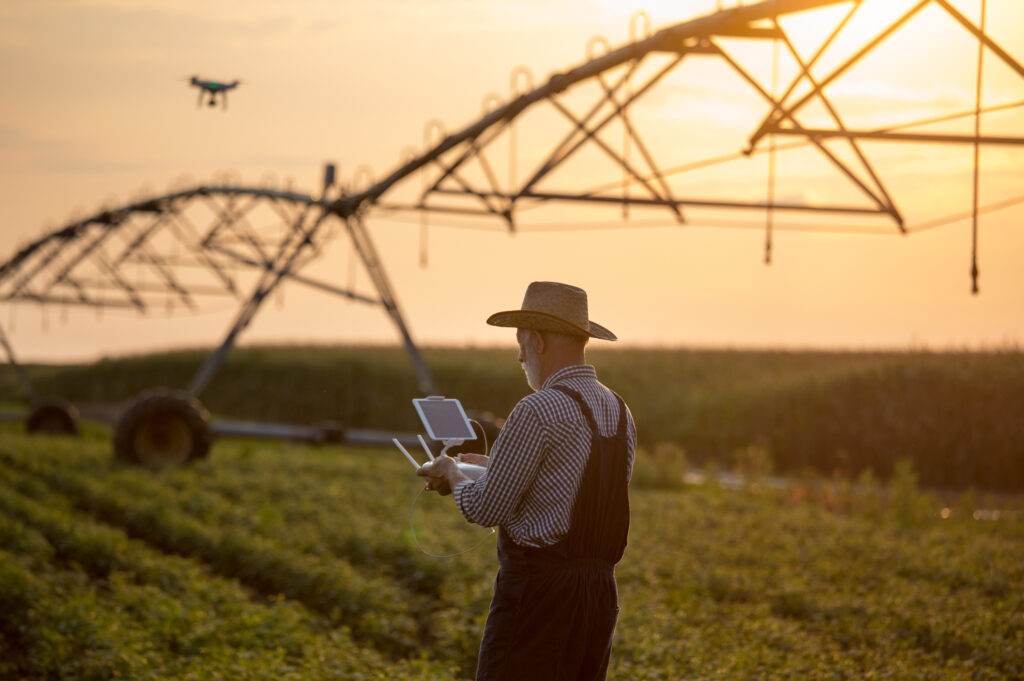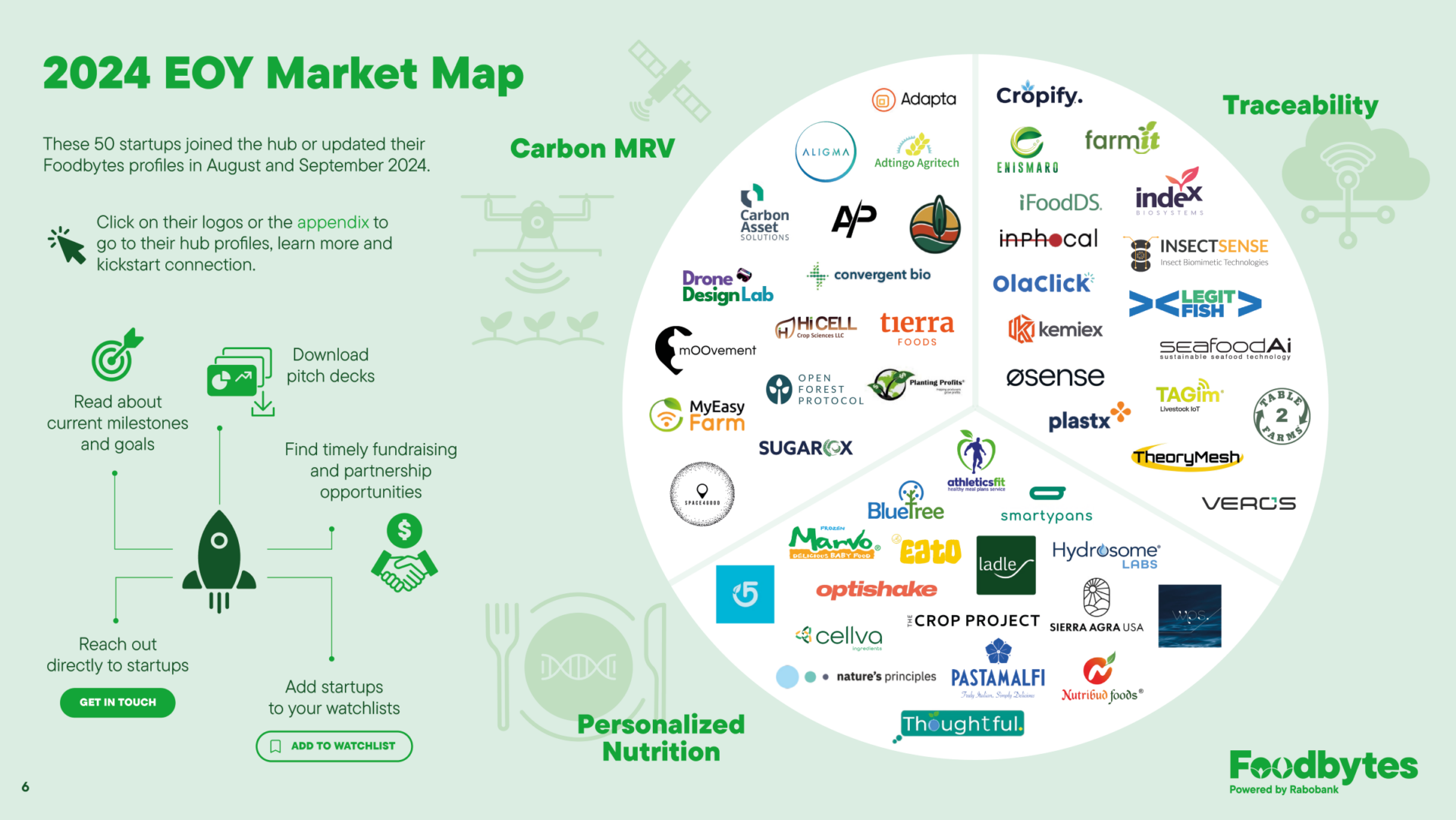
Part 1: Equipment Leasing 101 – The Complementary Funding Every Startup Should Know About
The information contained in this post is sponsored by CSC Leasing, who is solely responsible for its content. The content represents the views of CSC Leasing and does not necessarily reflect the views of Foodbytes or Rabobank. The publication of this content by Rabobank is not an endorsement of CSC Leasing or a recommendation to do business with CSC Leasing.
How much does it cost to launch a sustainable food and agriculture business? It depends on many factors, with both the type of product and the location being two huge influences on the overall cost.
One source, FinModelsLab, puts the range at roughly $600,000 to $2,000,000 for these types of companies, a wide range that no doubt fluctuates depending on the business.
Still, regardless the business type, most new startups require money for R&D; taxes, licensing and permitting; recruiting and hiring; and marketing and promotion. Setting up an office space or building out a lab or manufacturing facility also can take a huge chunk of equity, and the price only goes higher if specialized or unique equipment is needed.
Even with a healthy influx of cash from investors or banks, money is often tight — and young businesses can be forced to sacrifice investments that drive growth, such as hiring top talent or marketing, because so much of their cash is tied up in necessities, such as production line equipment or technology.
Even more challenging, is that when the inevitable overlooked or unexpected expenses crop up, there’s little to no cash to cover them. Such expenses are one of the biggest reasons so many companies fail.
Ultimately, startups need to find opportunities to stretch every bit of capital they raise, and one of the surest ways to do that is to start with how they pay for their equipment and technology.
To buy or lease? Which makes sense for your startup?
The overall state of your finances — and the amount of money you raise — will likely determine whether you buy or lease your equipment. If you are flush with cash, and don’t see that changing, buying everything outright may work for you. Just know that you will be spending your equity on depreciating assets. In other words, one of your biggest expenses could be used for equipment and tech that won’t hold its value.
That’s why equipment leasing has become such a popular solution for organizations, ranging from the earliest startups to the most established enterprises, regardless the age, size and liquidity of the business.
Particularly, for startups, when cash flow is tight, investments in new technology or equipment are needed, or organizations simply want to save time and money, equipment leasing is a smart alternative and complementary funding source.
Equipment Leasing Explained
Equipment leasing is a source of non-dilutive funding that enables you to spread payments on equipment and technology over a longer term. Instead of you purchasing expensive equipment or technology and paying a large sum of money upfront, the equipment financier purchases the equipment and then leases it back to you. You then pay an affordable monthly payment until the term of your lease — which typically ranges from 24 to 36 months — is up.
Here’s how you can benefit:
- Preserve capital. You can conserve equity capital for growth, product development, key hires and other higher ROI activities, instead of depreciating assets.
- Manage cash flow. More affordable, predictable payments, and free cash and credit lines for other operating needs.
- Save money. Some equipment financiers offer a lower cost form of capital when compared to venture capital and private equity. And the best ones will enable you to modify your lease as needed or offer options as the lease matures.
- Retain equity. Again, some equipment financiers offer non-dilutive funding, absent of warrants, covenants and other equity dilutive components that require you to give up shares of your business.
- Grow. Equipment leasing can drive productivity, enhance scalability, and enable your organization to reach milestones sooner because the cash you do have is focused on growing the business.
Working with CSC Leasing
CSC works with companies from Seed to Public, with most of our clients being Series A, B, and C. Our equipment leasing experts will partner with you to fully understand your business, equipment needs and financial picture, offering flexible options that work for you, including:
- Funding on an asset-by-asset basis
- Lease lines you can draw upon over a set term
- Sale leaseback, where we buy previously purchased equipment from you and lease it back to you, to inject some cash into your business
Ready to learn more? Contact our Senior Director, Pem Hutchinson at phutchinson@cscleasing.com.
